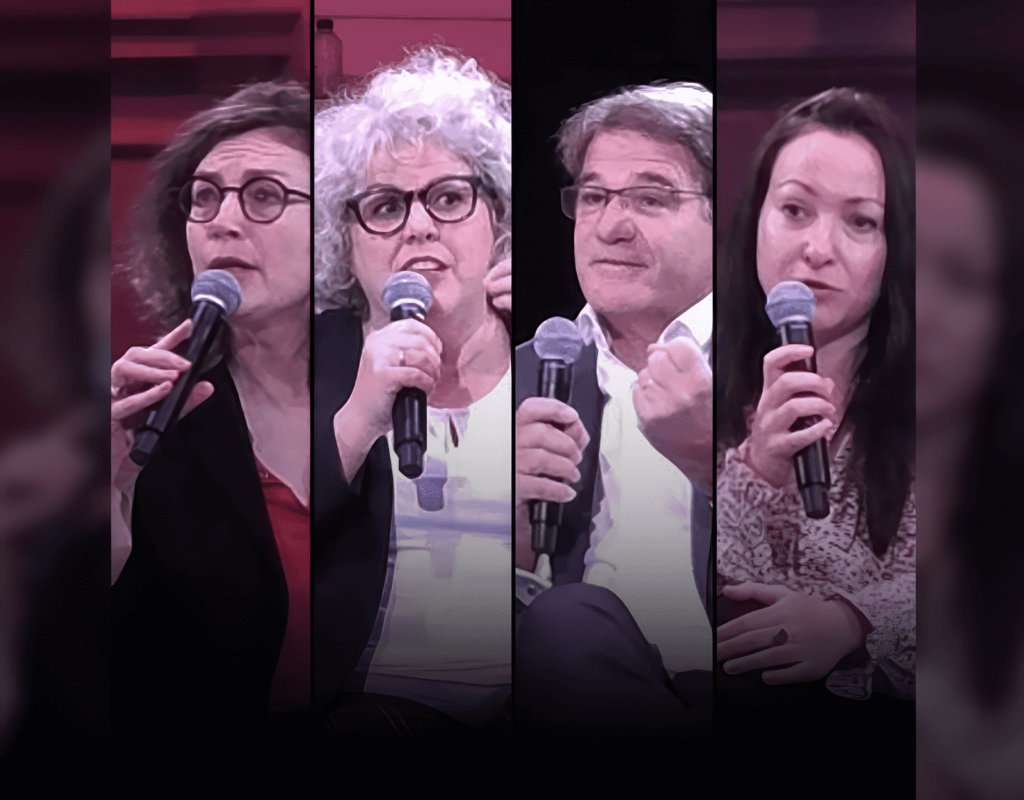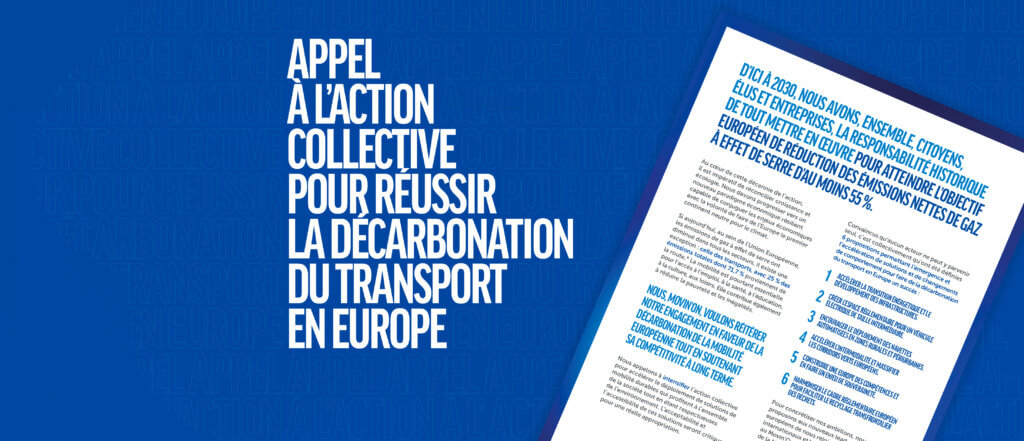Economy of functionality - For a sustainable social service economy: from ownership to use
Economy of functionality - For a sustainable social service economy: from ownership to use
Workshop moderated by CESE
The service economy offers a new perspective on development, taking on board ecological, human and local issues. It is based on products and services that are co-constructed by the consumer, the company and the employee, while taking social and environmental considerations into full consideration.
The characteristics of a service economy
- The service economy differs from the current economic model in a number of ways: performance in terms of use, the value chain, the role of people and access to finance.
- The three pillars of the service economy are :
- eco-design and sustainability,
- the role of people, with a new relationship to work
- the importance of digital technology.
The social and sustainable service economy, according to the definition supported by the EESC, must be at the service of the ecological transition and people: product design incorporating an analysis of their life cycle (carbon footprint, material balance), recourse to the circular economy (re-use and repair of goods, product durability), revaluation of the place of women and men in the workplace and the operation of their company, greater attention paid to the needs, satisfaction and protection of consumers.
We are moving from a globalised economy based on the sale of goods and services to a territorialised economy based on links and cooperation over the long term.
Recommendations to promote the development of a sustainable and social service economy
- Set up a stakeholder committee
- Create platforms to enable companies to share best practices and encourage the development of the associative, mutual and cooperative service economy
- Extend eligibility for the innovation tax credit (CII) for SMEs beyond the technological fraction alone
- Renew social dialogue to negotiate agreements between social partners based on a shared diagnosis and a choice of priorities, and invite public authorities to enter inter-professional agreements into law in a timely manner.
- Ensure that the interests of consumers are taken into account, in particular the adequacy of consumer law, the need to guarantee the quality of services, transparency and the right to withdraw from contracts
- Use public procurement to speed up the service economy, in particular through awareness-raising and training initiatives.
- Combat anti-competitive practices by ensuring that the Digital Market Act (DMA) and the Digital Services Act (DSA) are fully applied.
This economic system is fragile, and many far-reaching changes need to be supported particularly by the public authorities.
Challenges remain, among which:
- Whatever the context, cooperation, trust and innovation are essential to increase shared value;
- For businesses, the proper functioning of the service economy puts an end to programmed obsolescence;
- The transition to an economy of functionality requires a cultural change in which value lies in the performance of use rather than in the product itself;
- Companies must demonstrate creativity and adaptability to meet sustainability criteria and ensure the viability of service economy models;
- Access to finance and accounting rules;
- Support from public authorities.
Outlooks
The current context seems favourable to the growth of a service economy: reinforcement of our strategic autonomy, the search for meaning in work and ecological imperatives (anti-waste law for a circular economy; climate and resilience law) but also the relocation of our companies and reindustrialisation of our territories (green industry act).
Putting the
economy of functionality into action
Animateurs
Share
Tweets de @movinonconnect
Movin'On 2035 TODAY EP02 - Circular Economy & Competitivity
Movin’On 2035 TODAY EP01 – Fair Mobility for All https://x.com/i/broadcasts/1yNxagBrWZbGj
✨ THAT'S A WRAP!
Movin'On Summit 2024 has just concluded in Brussels!
More than 350 leaders and experts in sustainable mobility gathered to exchange ideas, collaborate, and share their vision for desirable and decarbonised mobility in Europe. Together, we explored ways to build…
🔴 Live from #MovinOnSummit2024
@AshaSumputh has just invited Denis Machuel, CEO at @AdeccoGroup and Florent Menegaux, President of the @Michelin Group & President of Movin'On
Watch our programs on
Sustainable mobility news
Discover the latest trends, analyses per theme, and our next meetings.








